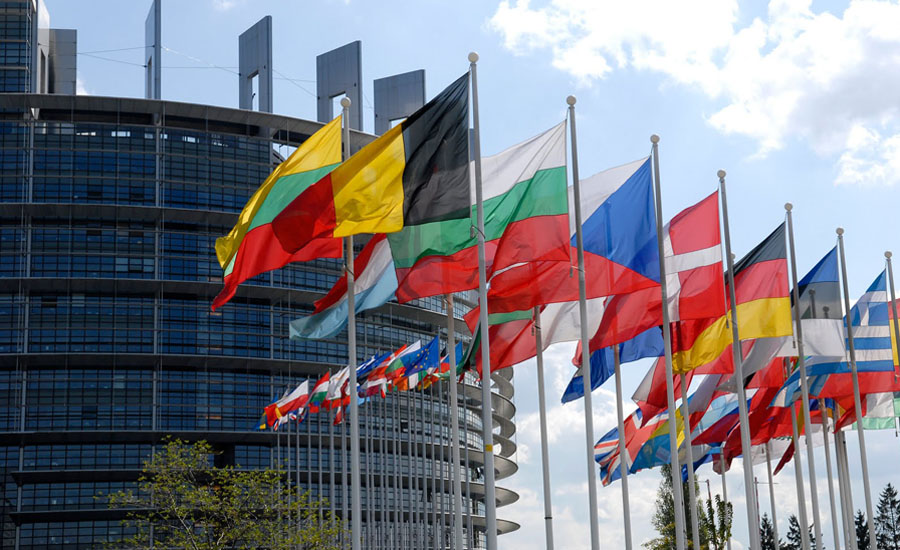ETUI calls for concrete measures to tackle psychosocial risks

The European Agency for Safety and Health at Work (EU-OSHA) held the Healthy Workplaces 2015 Summit in Bilbao on earlier this month. ETUI researchers Viktor Kempa and Aida Ponce Del Castillo took part in the debates focused on strategies for managing psychosocial risks in the workplace.
ETUC Confederal Secretary Esther Lynch, in charge of occupational safety and health, provided an opening statement in which she pointed out the need to reach workplaces characterised by inadequate awareness or understanding of precarious working conditions. Various Member States – Austria, Belgium, Denmark and Sweden – presented their national legislation on the working environment.
A keynote speech was given by Prof. Johannes Siegrist, developer of the ‘effort–reward imbalance’ model, the idea behind which is that workers in modern economies are often forced to put a great deal of effort into their jobs and to work in highly competitive environments. The compensation for these efforts is not always adequate and proportionate and Professor Siegrist demonstrated that this imbalance between effort and reward poses a risk of suffering from coronary heart disease, musculoskeletal disorders, and depression.
Aida Ponce Del Castillo took part in the panel discussion and stressed that prevention remains a challenge for the EU alongside identifying and eliminating occupational hazards. Arguing that exposure to psychosocial risk factors is unequally distributed between men and women, she said that this aspect has yet to be developed in political action. Finally, she stated that further policy action is needed and that it is time for the European Commission to take concrete and urgent measures to address psychosocial risks in the working environment.
Looking for a reprint of this article?
From high-res PDFs to custom plaques, order your copy today!









